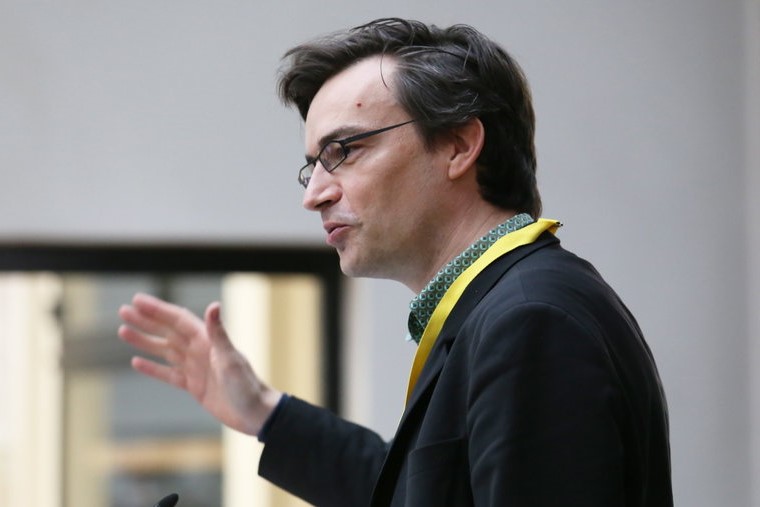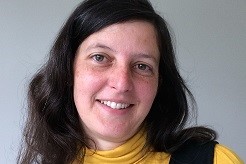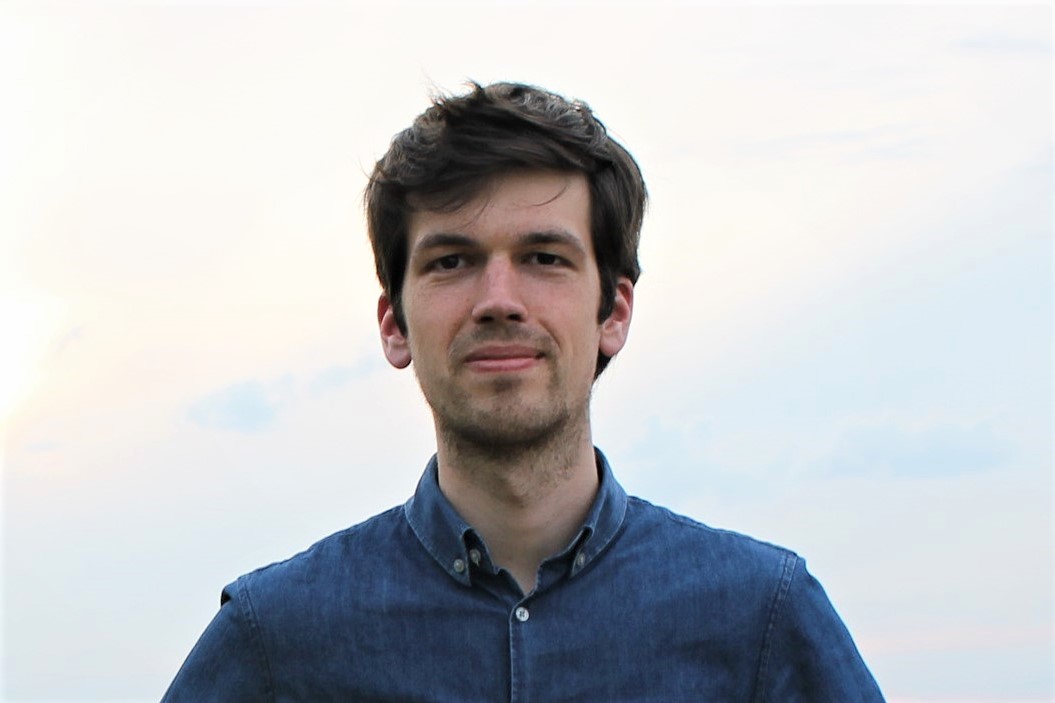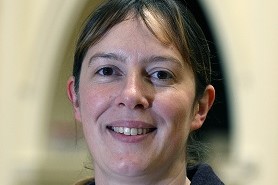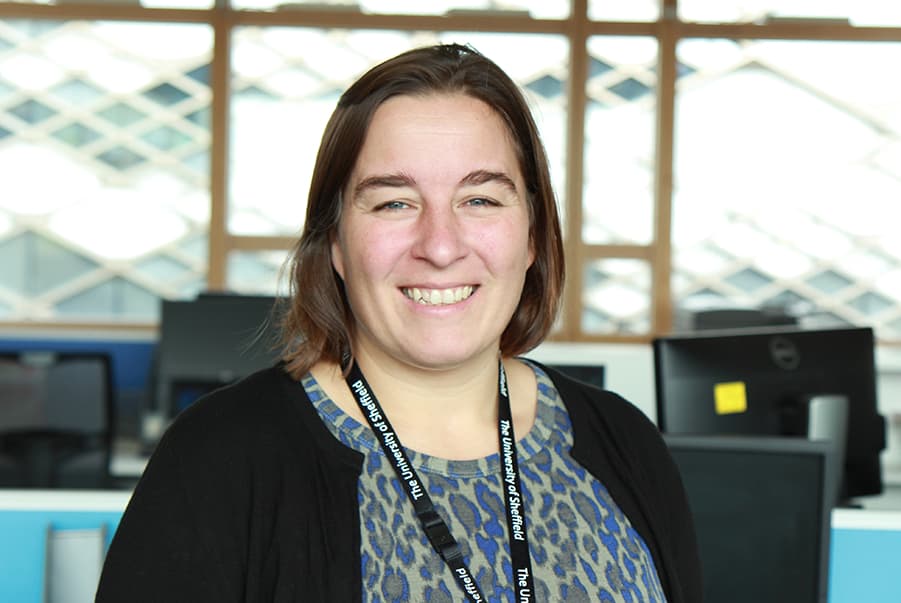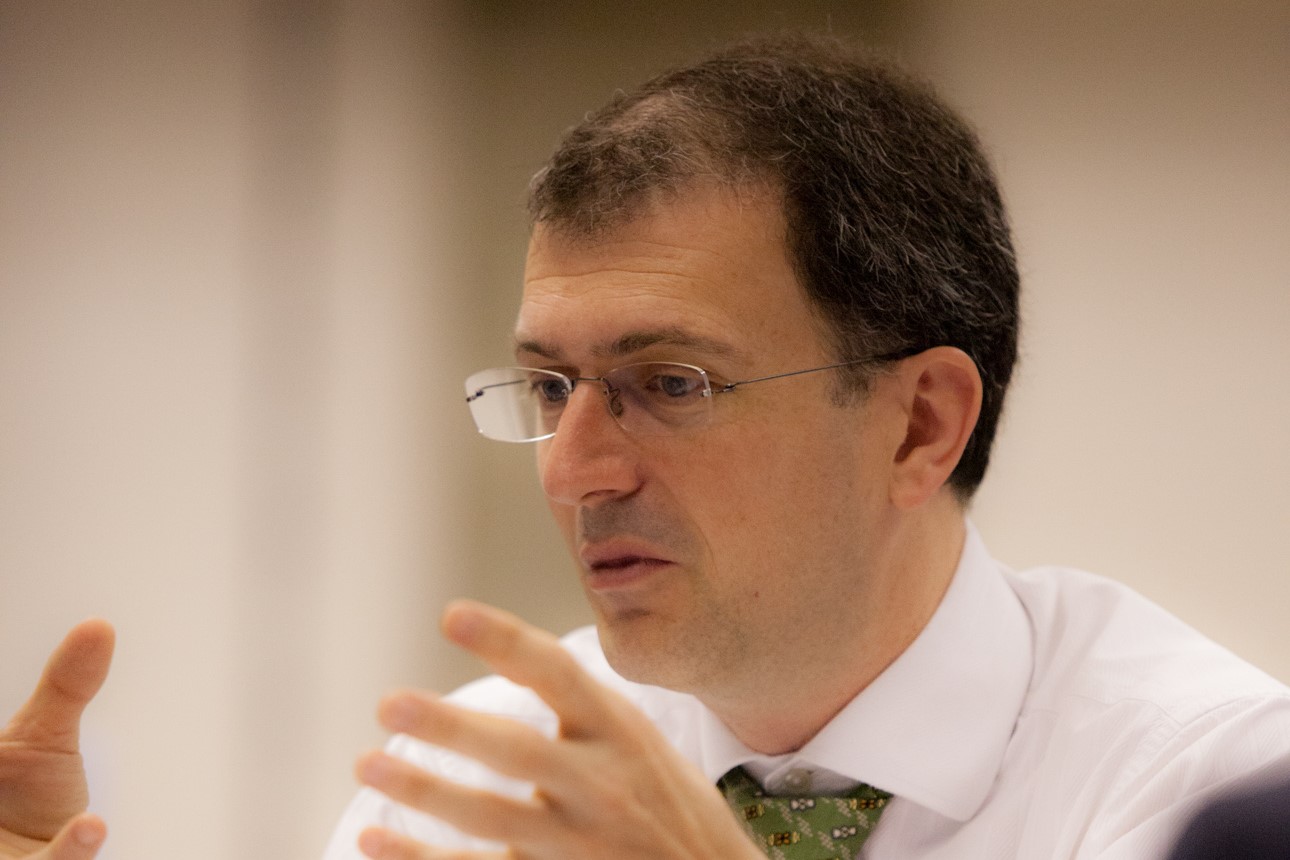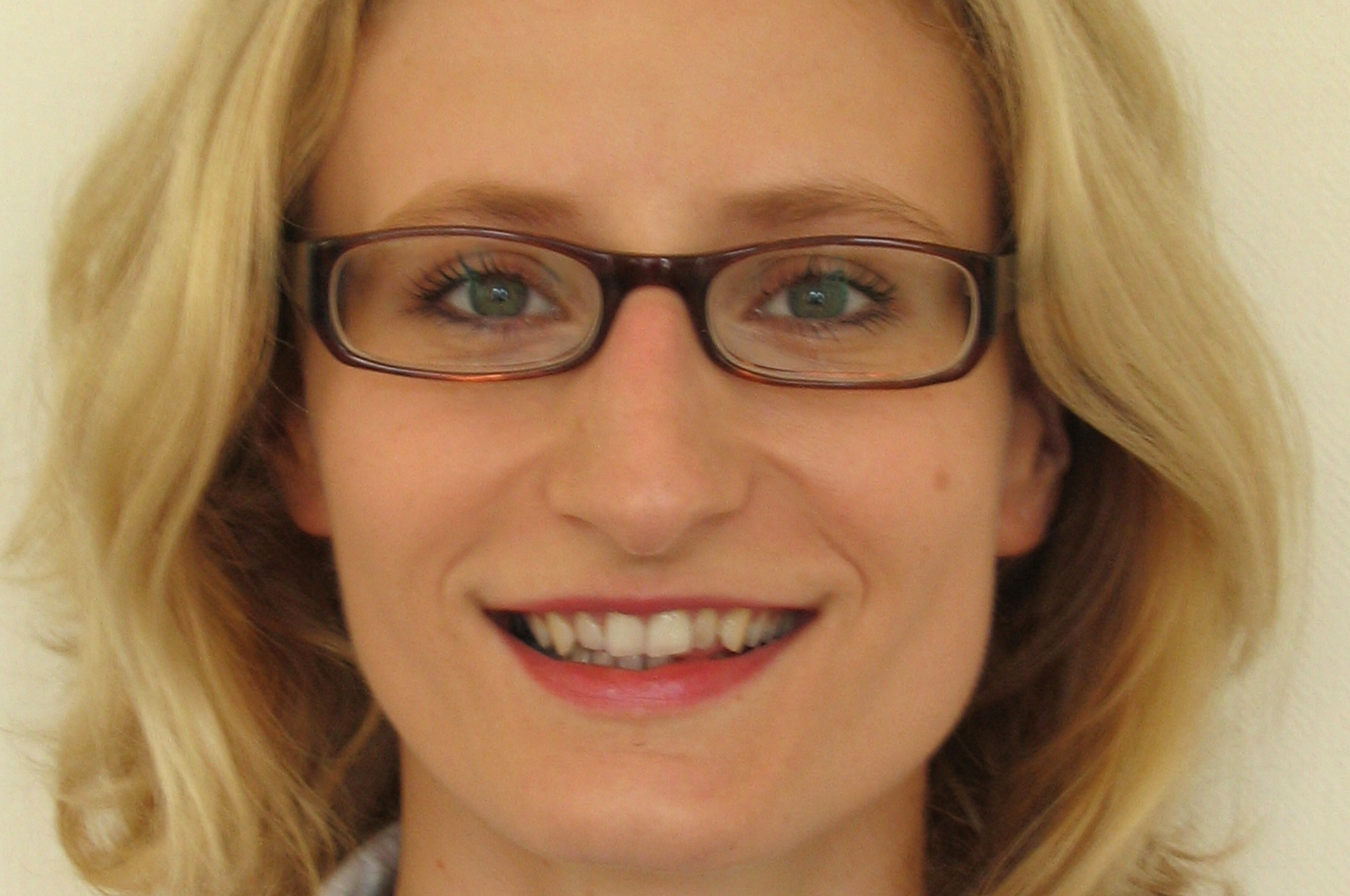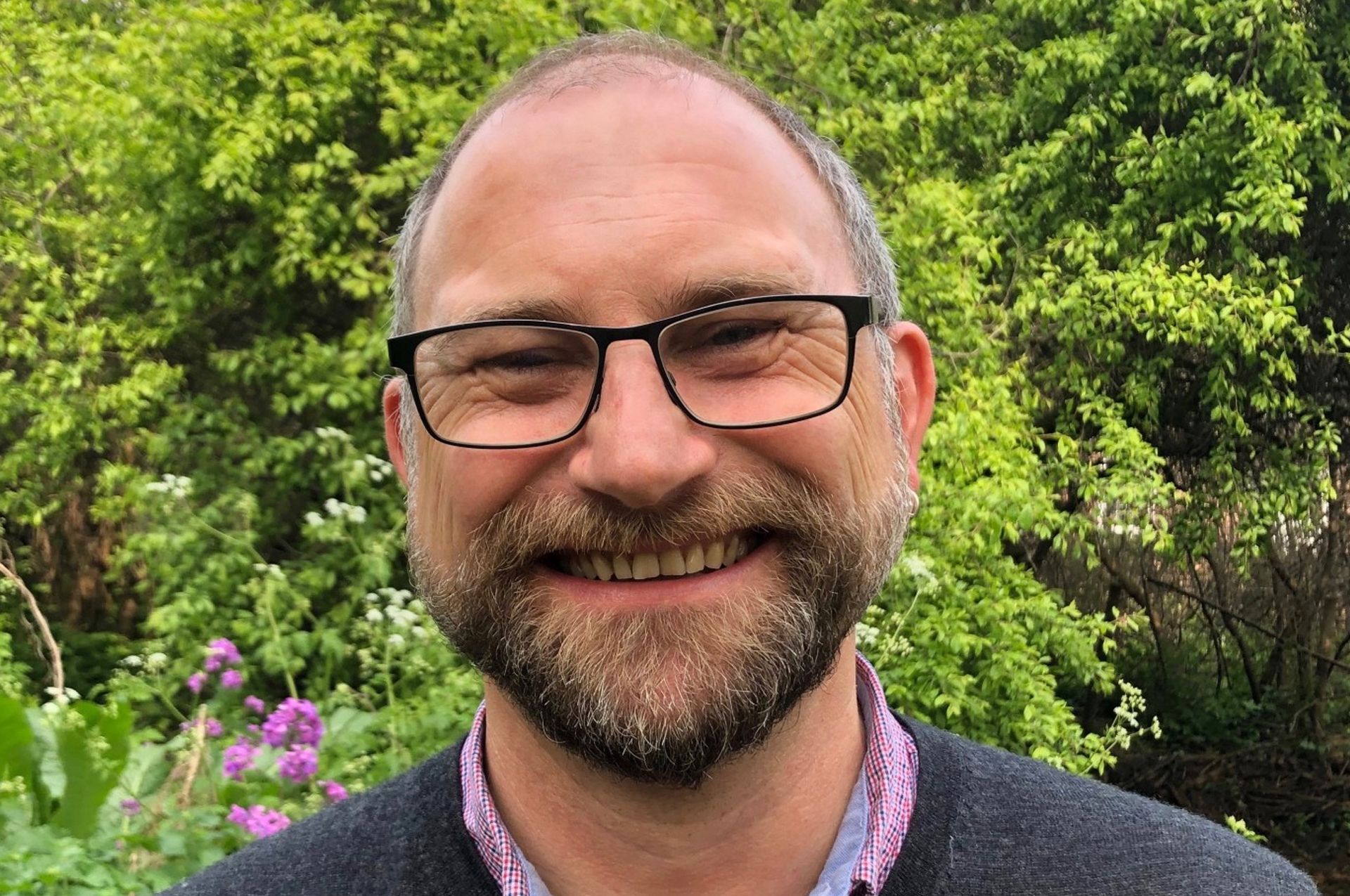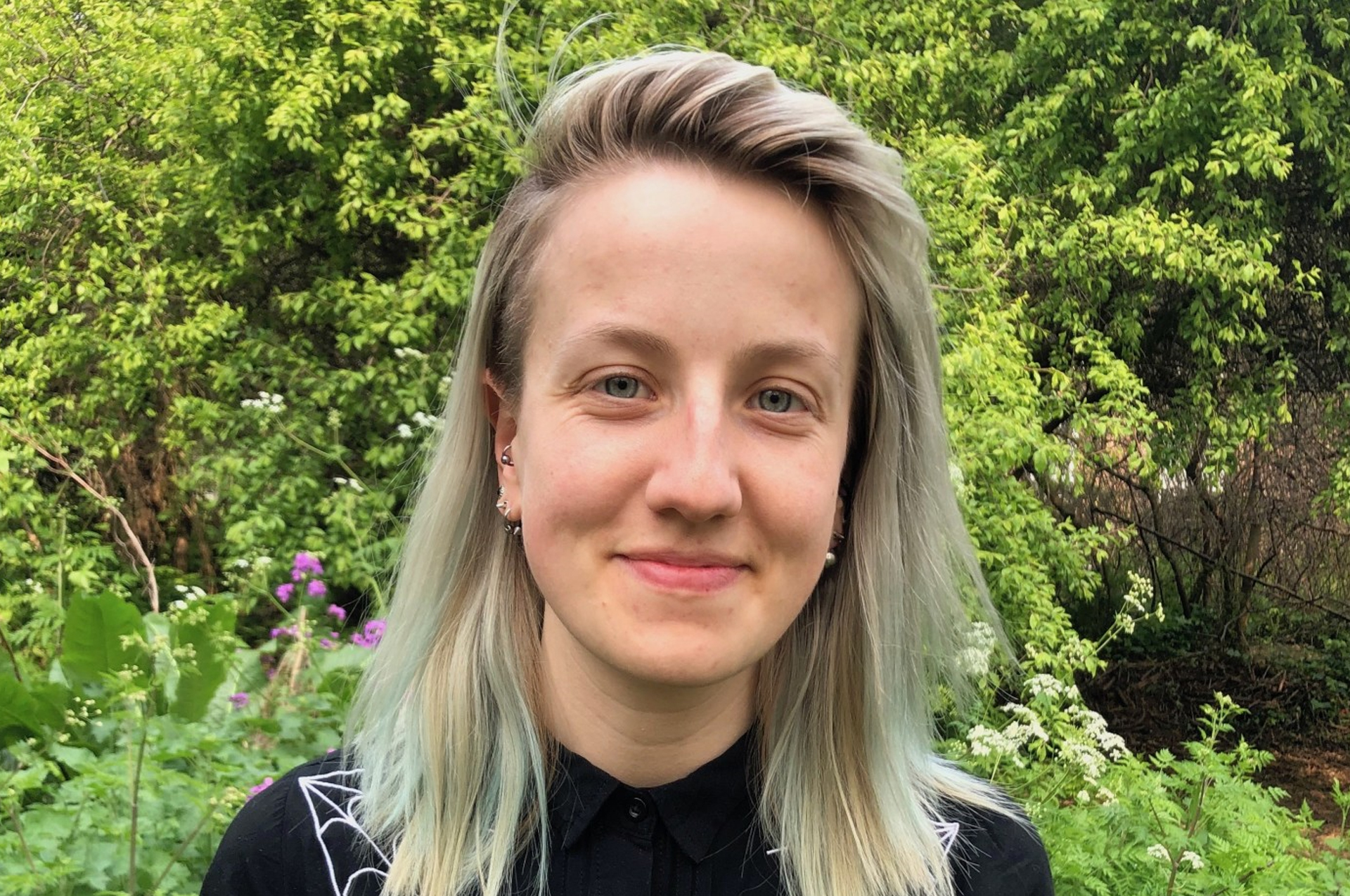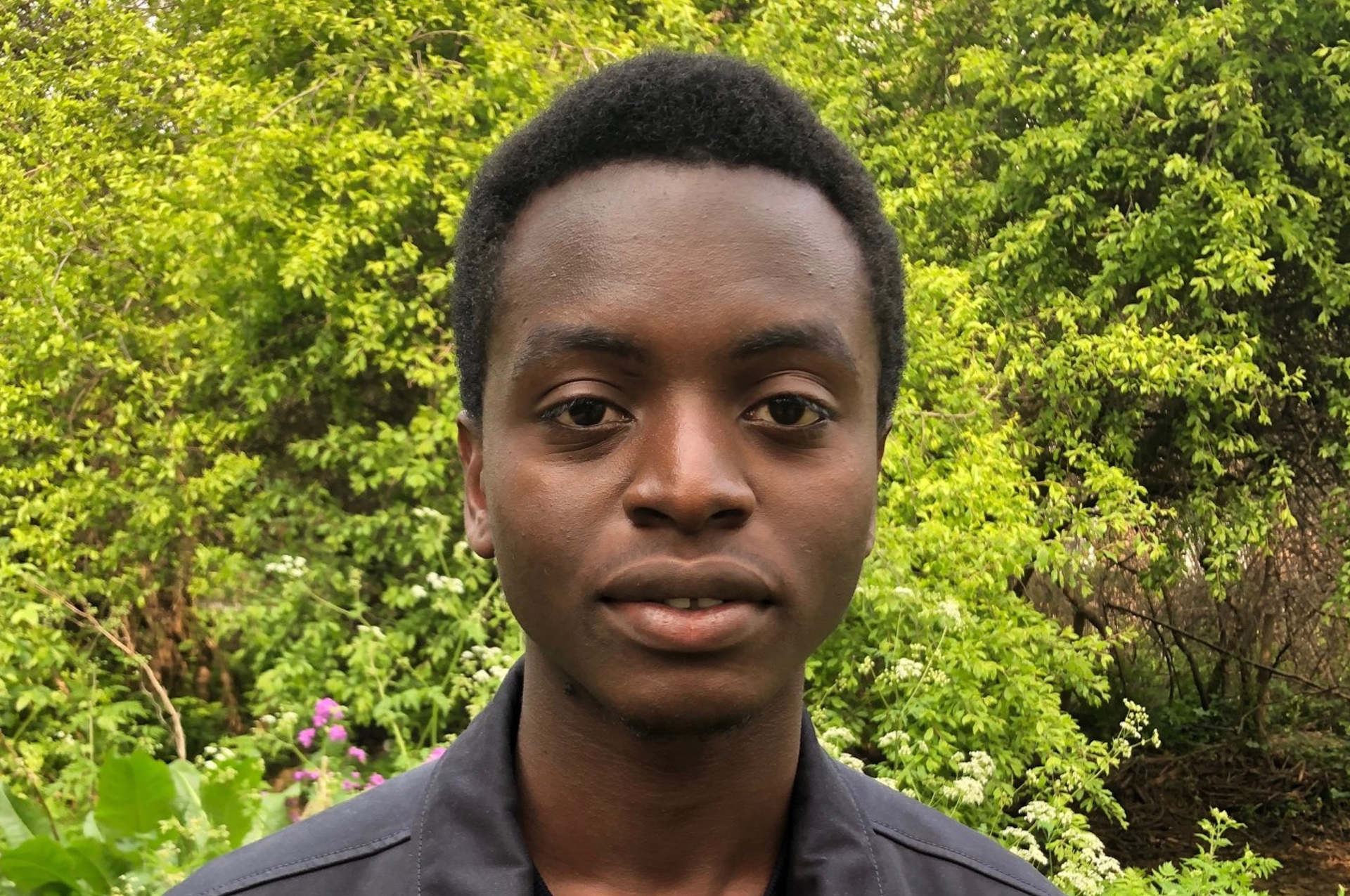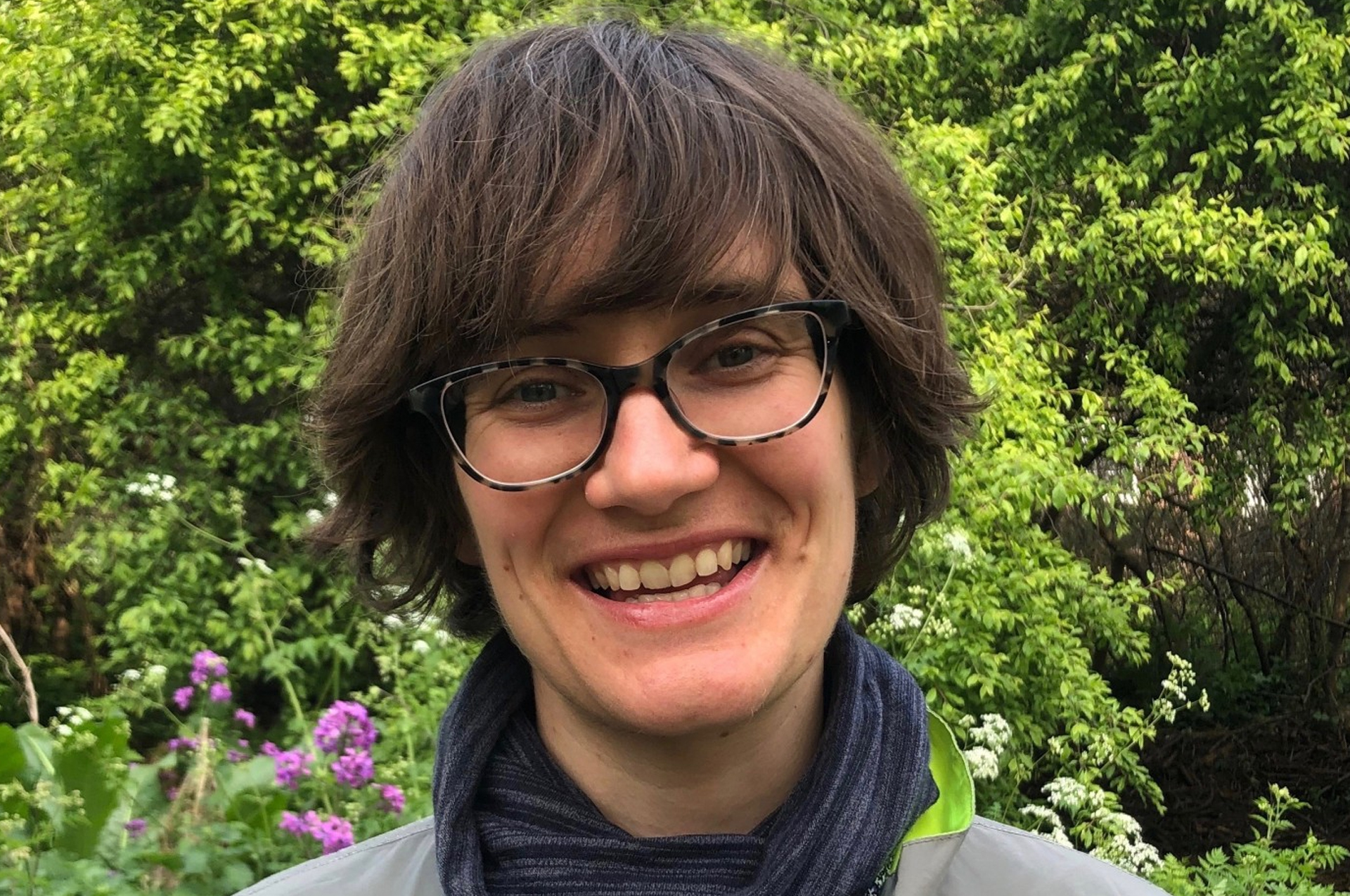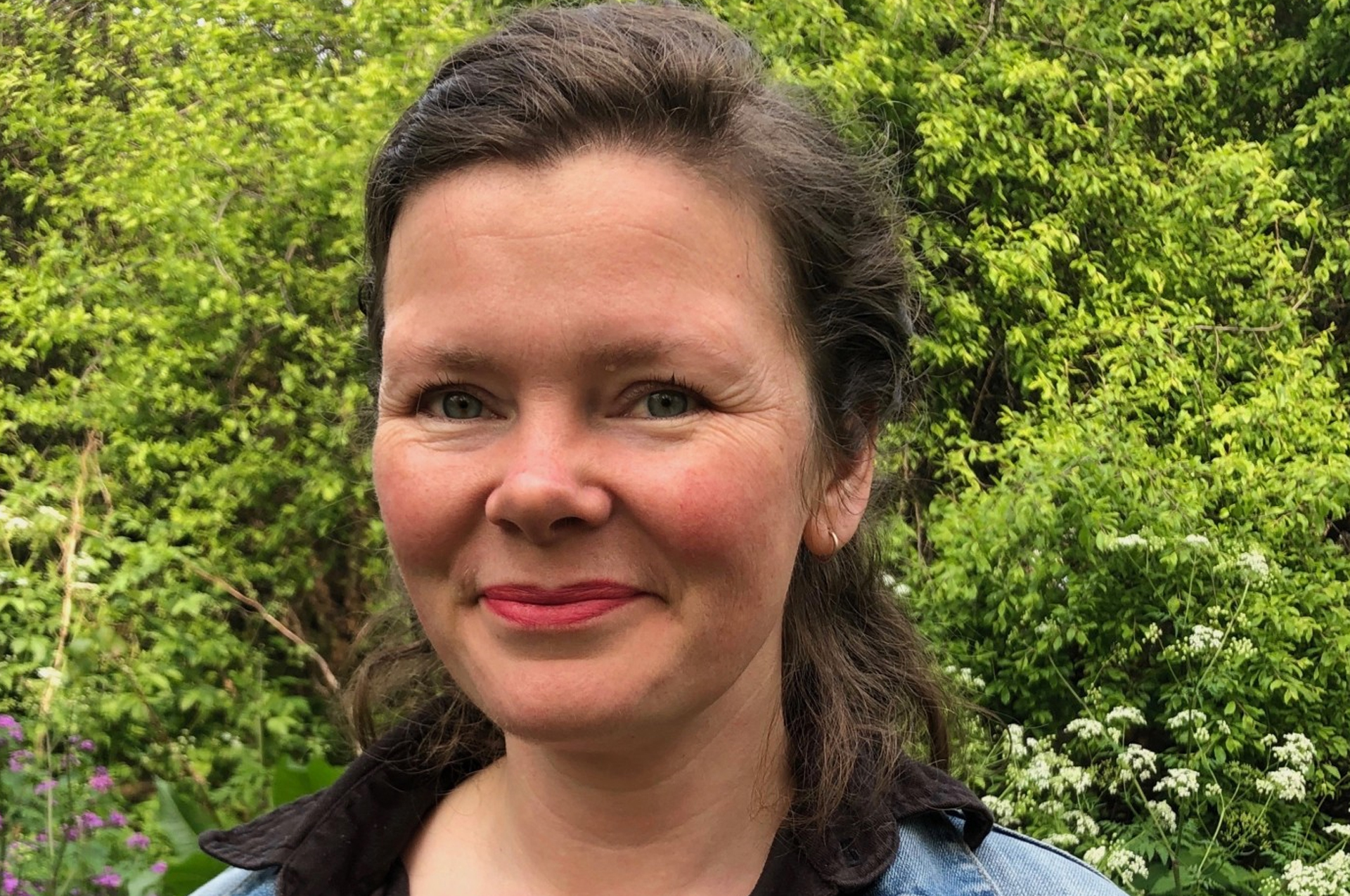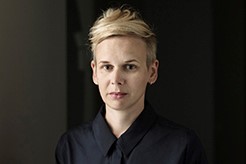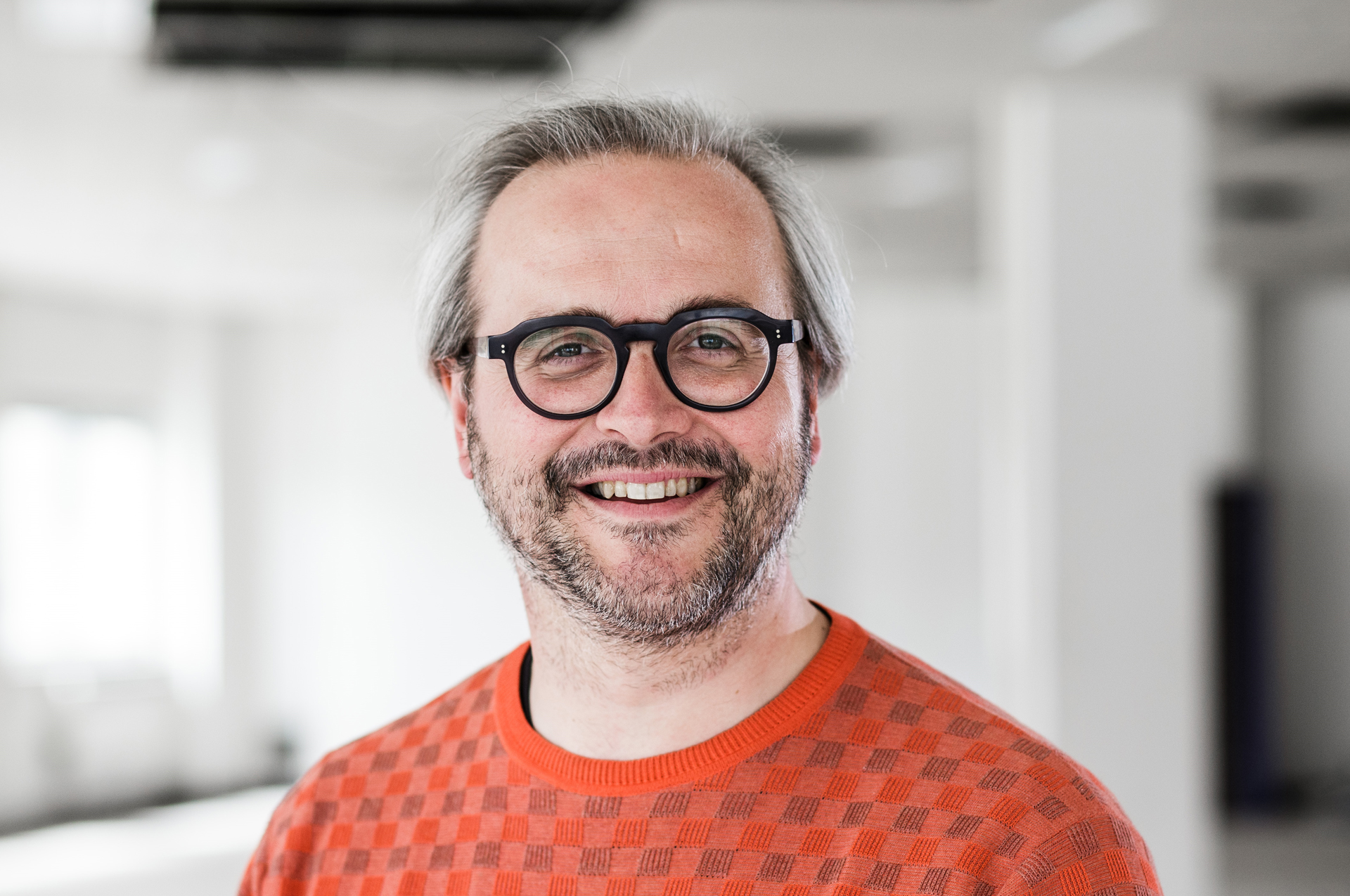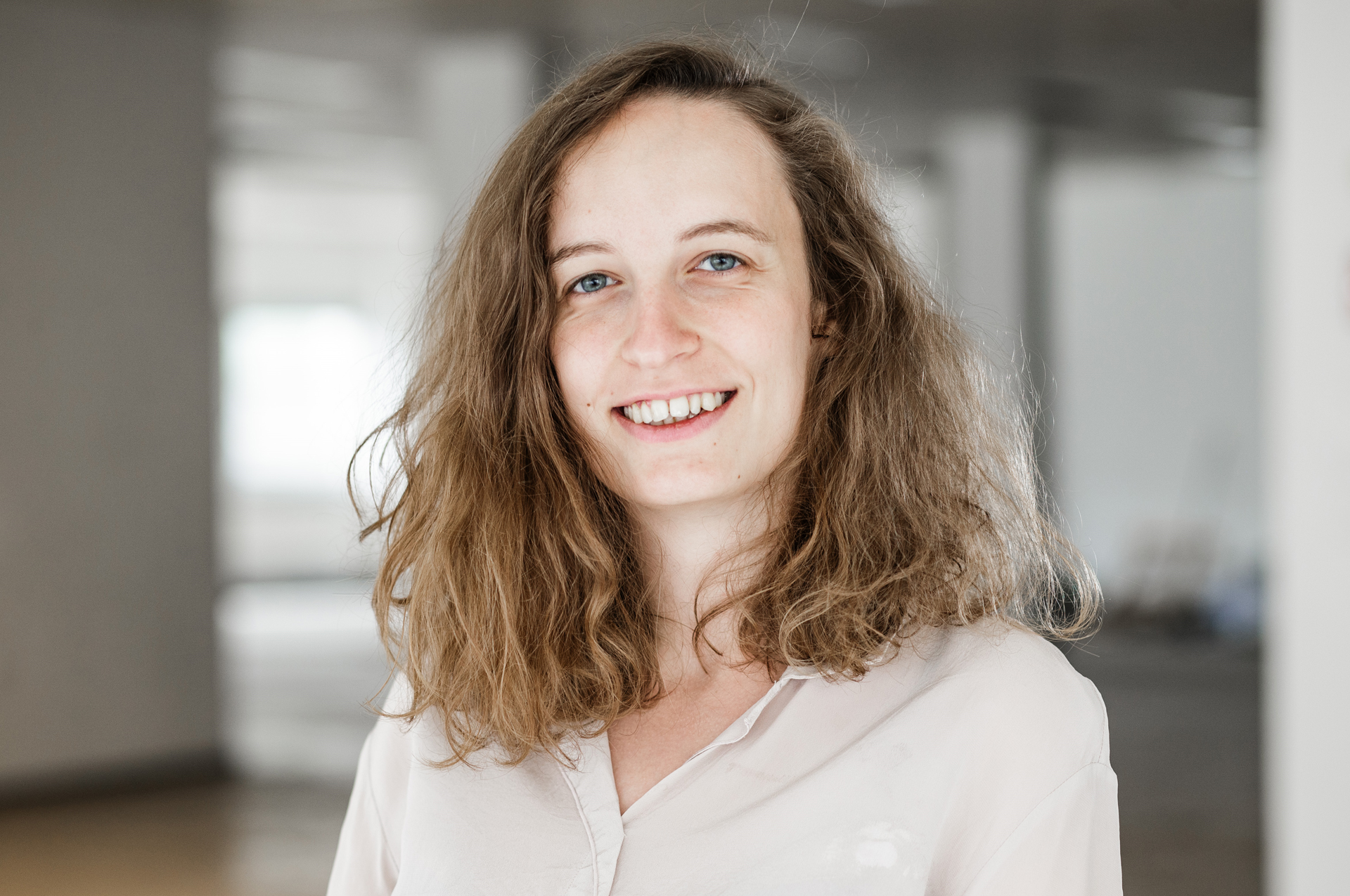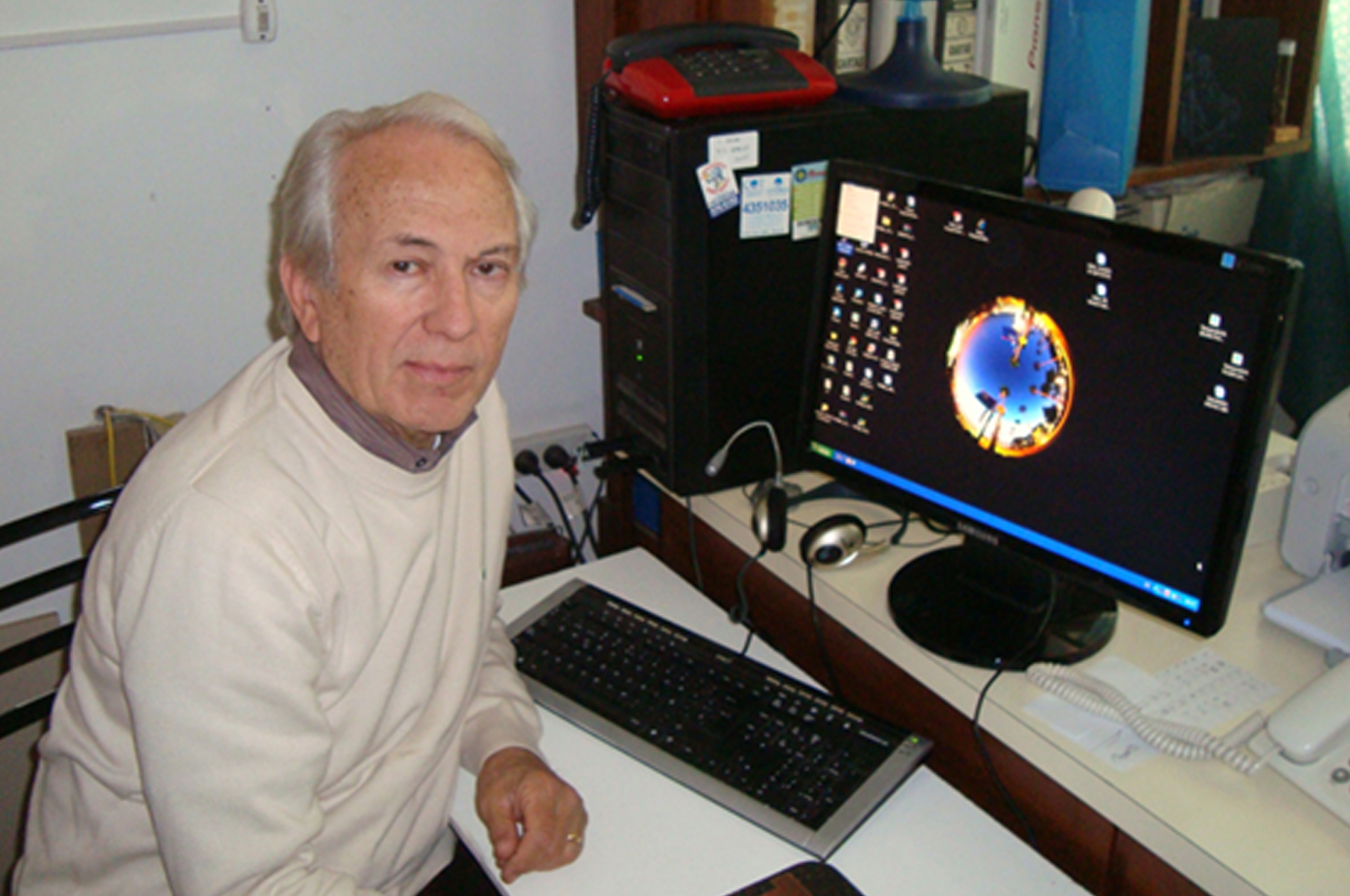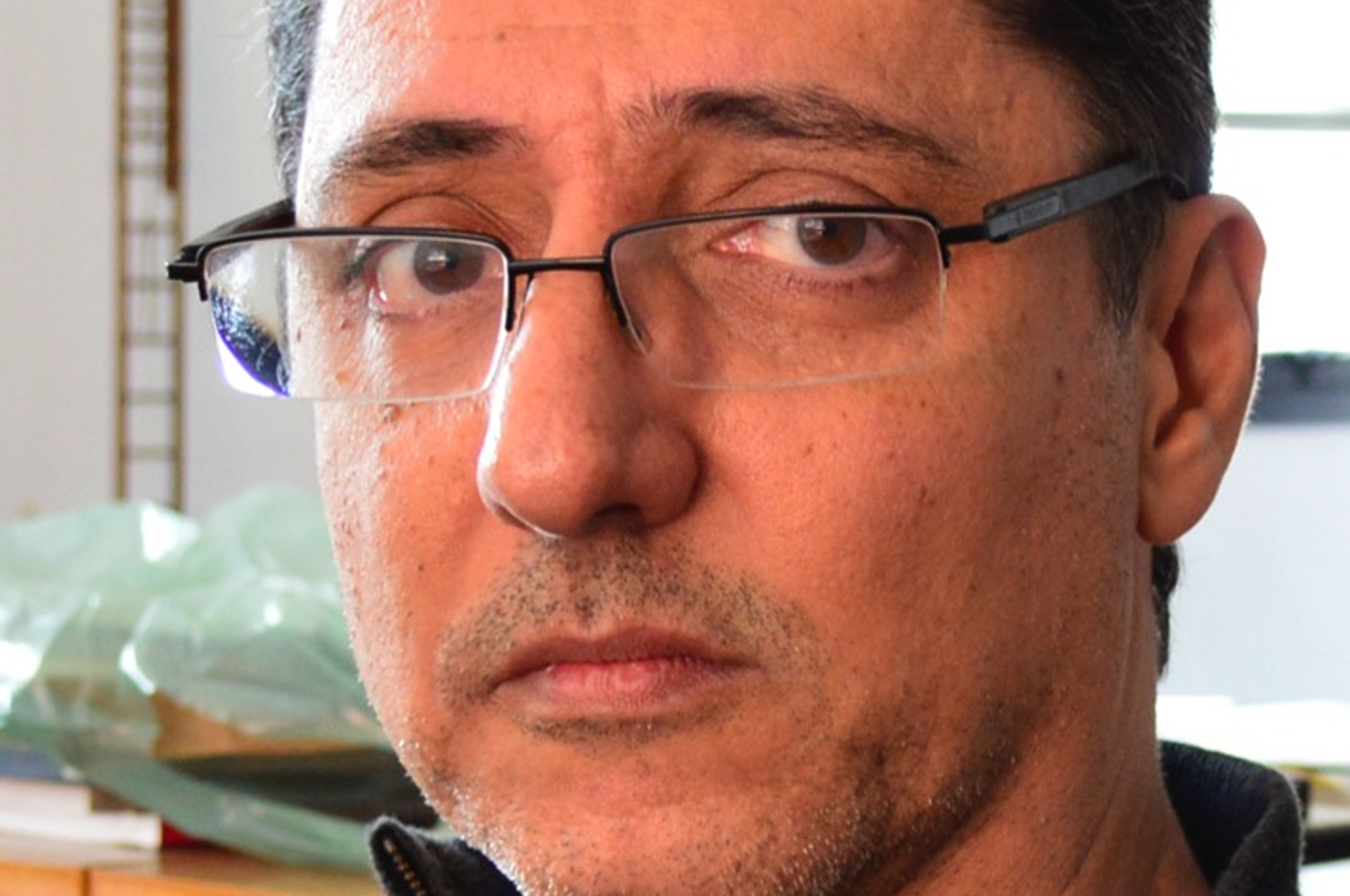
Management
Research team
GHENT UNIVERSITY (BELGIUM), DEPARTMENT OF ARCHITECTURE AND URBAN PLANNING
The department is made up of four research groups. The urbanism research group will lead the consortium. The urbanism group is engaged both in fundamental research (in planning historicy, on sustainable urban development, urban design theory) and applied research (on sub-urban renewal, sustainable cities).The Ghent team also includes one member of the Department of Applied Biosciences at Ghent University.
Funding agency: FWO.
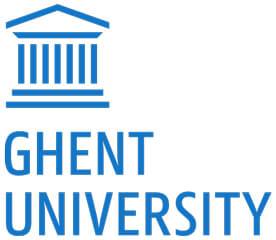
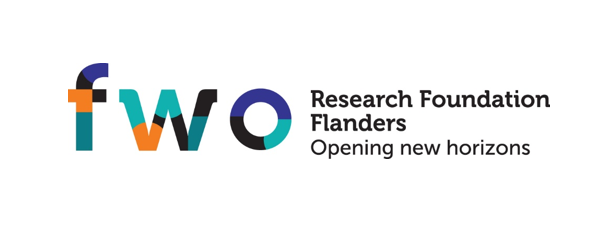
COVENTRY UNIVERSITY (UK), CENTRE FOR AGROECOLOGY WATER AND RESILIENCE (CAWR)
The Centre for Agroecology Water and Resilience (CAWR), at Coventry University (UK) is a new, dynamic and interdisciplinary institution, leading research on agroecological futures. The centre is organised around five themes: i) Community self-organisation for resilience (i.e.food justice and poverty, short food supply chains, urban-rural links); ii) Politics and Institutions for equitable and resilient food and water system (right to food, gender and water governance) iii) People’s Knowledge and Transdisciplinarity (citizens science, scholar-activism); iv) Resilient Food and Water Systems in Practice (agroforestry, permaculture, agroecological livestock systems, water management, suds); v) Fundamental processes of resilience (fluvial processes, climate variability, water management). Social and natural scientists at the centre work with participatory practices involving communities, social movements, practitioners and the policy sector, oriented to foster social change and resourcefulness.
Funding agency: AHRC/ESRC.
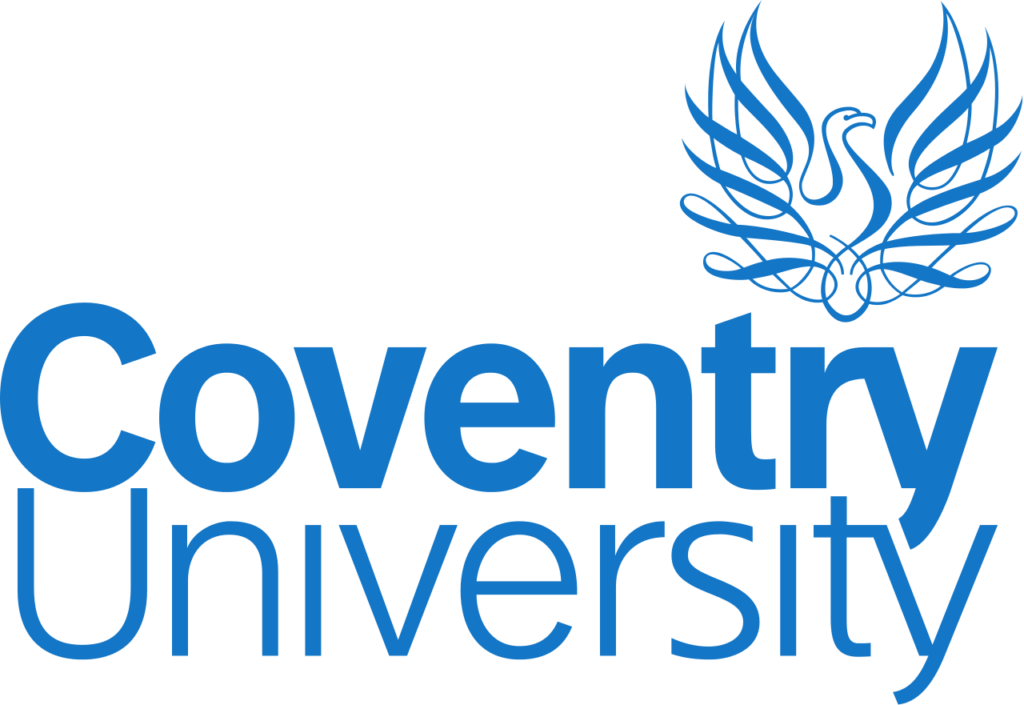
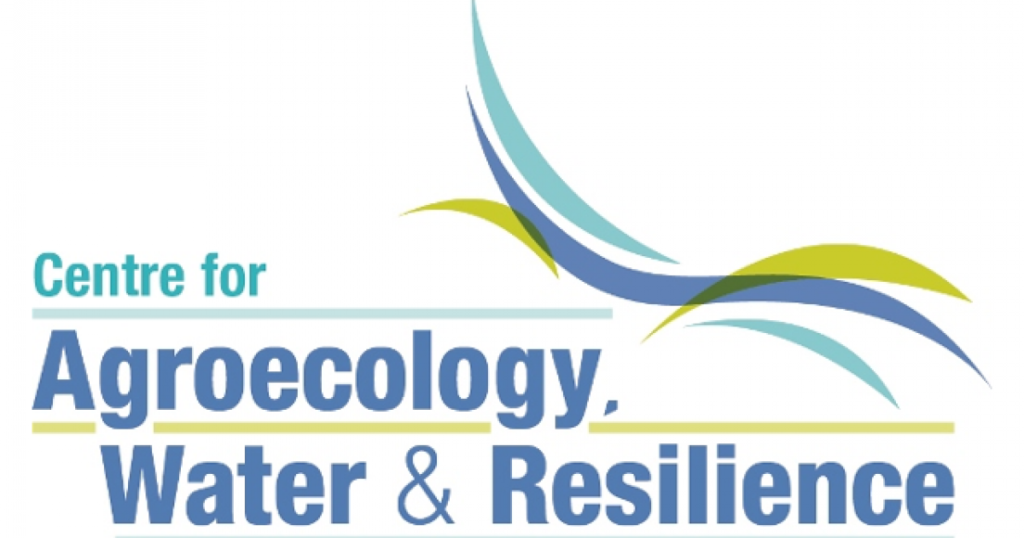
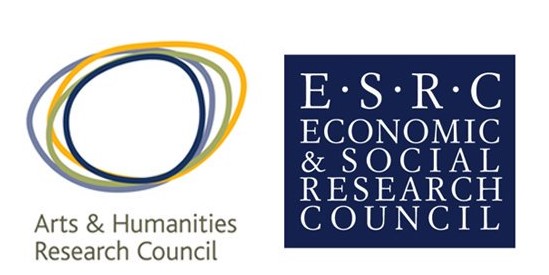
UNIVERSITY OF SHEFFIELD (UK), URBAN INSTITUTE
At the University of Sheffield, the project will be based at the Urban Institute, a new international research centre at the University of Sheffield that examines how cities are responding to the challenges and opportunities of intensified urbanisation, technological innovation and resource constraint. The Urban Institute host an interdisciplinary team with critical social science expertise to analyse the decisions, everyday practices and implications of how we organise our urban spaces.
Funding agency: AHRC/ESRC.
At the University of Sheffield, the project will be based at the Urban Institute, a new international research centre at the University of Sheffield that examines how cities are responding to the challenges and opportunities of intensified urbanisation, technological innovation and resource constraint. The Urban Institute host an interdisciplinary team with critical social science expertise to analyse the decisions, everyday practices and implications of how we organise our urban spaces.
Funding agency: AHRC/ESRC.

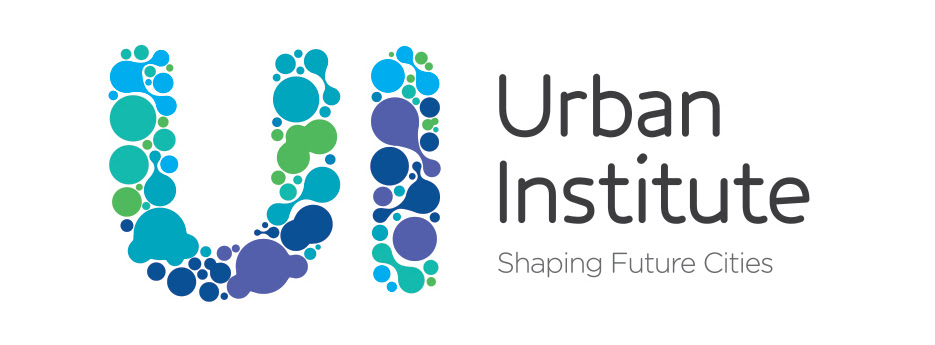

QUANTUM WASTE (UK)
Quantum Waste Ltd is a full cycle waste recycling company. Quantum Waste has developed innovative technology and systems capable of doing what large waste management companies do but more efficiently, in a decentralized way and closer to where waste is produced. This maximises local capacities for retaining nutrients and redesigning metabolic processes wihin geographical areas under pressures of urbanisation. Quantum Waste operates with minimal carbon footprint and higher recycling rates than normal municipal collection. At the heart of Quantum Waste operations is the Qube: a mobile, sustainable, decentralised, aerobic composting system that brings recycling technology closer to where waste is. The Qube turns food waste into organic fertilizer. Food waste is 70% water and the Qube uses the calories in food to evaporate the water leaving behind quality fertilizer. Food waste is the hardest bit in waste, once food waste is out of the equation, almost everything else can be recycled just by putting it in the “right” box (cardboard, paper, plastic, metals and glass).
Funding agency: Innovate UK.
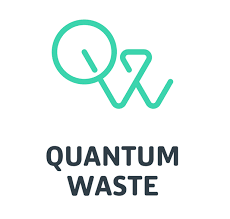
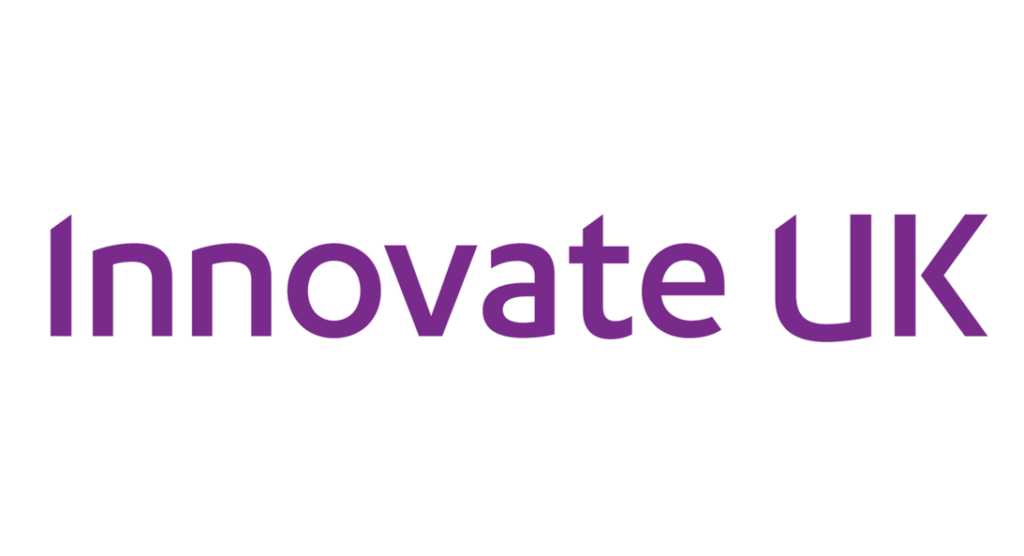
SHARED ASSETS (UK)
Shared Assets is a social enterprise think-and-do tank with a mission to make land work for everyone. It undertakes research, consultancy and advocacy work to ensure that land is seen and managed as a common good, and in ways that are are productive, create livelihoods, improve the environment and are under community control. Shared Assets mobilises fundamental skills to make knowledge around and for SMEs and social entreprises usable and accessible. They play a crucial role in supporting ongoing development and financial viability of land-based businesses, particularly those inplicated in residual food, water and energy practices in the urban fringe. Shared Assets has a track record working on all the three themes of food, energy and water.
Funding agency: Innovate UK.
Shared Assets is a social enterprise think-and-do tank with a mission to make land work for everyone. It undertakes research, consultancy and advocacy work to ensure that land is seen and managed as a common good, and in ways that are are productive, create livelihoods, improve the environment and are under community control. Shared Assets mobilises fundamental skills to make knowledge around and for SMEs and social entreprises usable and accessible. They play a crucial role in supporting ongoing development and financial viability of land-based businesses, particularly those inplicated in residual food, water and energy practices in the urban fringe. Shared Assets has a track record working on all the three themes of food, energy and water.
Funding agency: Innovate UK.


WAGENINGEN UNIVERSITY AND RESEARCH (NETHERLANDS), CHAIR OF RURAL SOCIOLOGY
The Rural Sociology Group is a research and education group within the Department of Social Sciences of Wageningen University and Research (WUR), which is one of the world’s leading universities in the domain of life sciences.
The Rural Sociology Group takes a relational and place-based approach to transformation processes, explored from the perspective of the everyday life of people, and with a focus on food provisioning, territorial development and rurality. These processes are studied from a predominantly micro-sociological perspective, however the group also actively engages in interdisciplinary, multi-method and multi-stakeholder approaches. A common denominator in its research is the focus on actors, agency, institutionalisation of practices and differential development paths. A key ambition of the Group’s research program is its threefold relevance: a) to contribute to the scientific development of the research domain; b) to inform policymaking and c) to provide support for practitioners.
Funding agency: NWO.

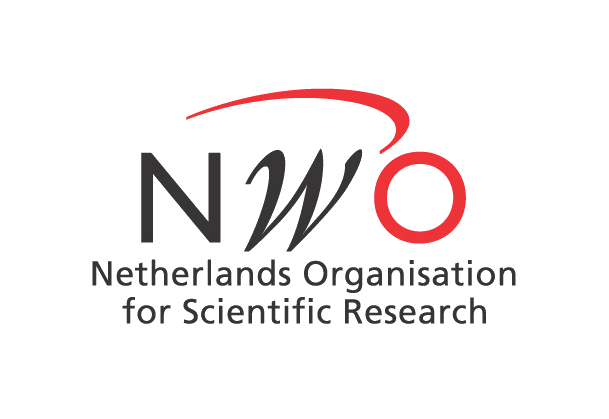

Martin Ruivenkamp
- Wageningen University, Department of Social Sciences, Rural Sociology
- website
SAMPLING (LATVIA)
Sampling ltd. is an architecture and design practice. Working on different scales leads ‘Sampling’ to inevitable fusion of design, architecture and even landscape in its projects. However the focus is always on the relation between user, space and environment. Instead of just making things and buildings they rather try to influence the perception of space. Sampling has experience in facilitating international transdisciplinary conversations. Governmental as well as private partners are part of their network.
Funding agency: VIAA.
Sampling ltd. is an architecture and design practice. Working on different scales leads ‘Sampling’ to inevitable fusion of design, architecture and even landscape in its projects. However the focus is always on the relation between user, space and environment. Instead of just making things and buildings they rather try to influence the perception of space. Sampling has experience in facilitating international transdisciplinary conversations. Governmental as well as private partners are part of their network.
Funding agency: VIAA.

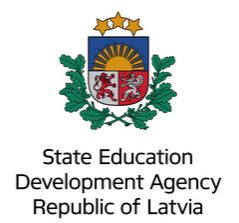
ART ACADEMY OF LATVIA, INSTITUTE OF ART HISTORY
The Institute of Art History is the only institution working on fundamental studies of Latvian and Latvia-related visual art and architecture as well as on the improvement of theoretical and methodological basis of art-historical research. The institute’s strategic aim is to study, interpret and popularise the phenomena of early and recent Latvian visual art, using both traditional forms of publications (collected articles, magazines, dissertations, reports in scientific conferences) and the latest technologies (the Internet, digital resources); results of research are used for study programs at the Art Academy of Latvia and collaboration with other institutions of research and education in Latvia and abroad. Mag. art. Liene Jakobsone is appointed by the Art Academy of Latvia, Institute of Art History as a coordinator and researcher of the SUGI-NEXUS project. By promoting the research on the SUGI-NEXUS project, the institute shows its interest in broadening its research field and opening it up towards contemporary issues and phenomena, in line with the general curriculum strategy of the Art Academy of Latvia.
Funding agency: VIAA.
The Institute of Art History is the only institution working on fundamental studies of Latvian and Latvia-related visual art and architecture as well as on the improvement of theoretical and methodological basis of art-historical research. The institute’s strategic aim is to study, interpret and popularise the phenomena of early and recent Latvian visual art, using both traditional forms of publications (collected articles, magazines, dissertations, reports in scientific conferences) and the latest technologies (the Internet, digital resources); results of research are used for study programs at the Art Academy of Latvia and collaboration with other institutions of research and education in Latvia and abroad. Mag. art. Liene Jakobsone is appointed by the Art Academy of Latvia, Institute of Art History as a coordinator and researcher of the SUGI-NEXUS project. By promoting the research on the SUGI-NEXUS project, the institute shows its interest in broadening its research field and opening it up towards contemporary issues and phenomena, in line with the general curriculum strategy of the Art Academy of Latvia.
Funding agency: VIAA.
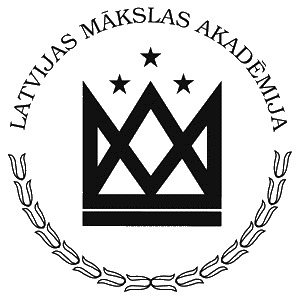

ARCHITECTURE WORKROOM BRUSSELS (AWB) (BELGIUM)
Architecture Workroom Brussels is a think-and-do tank for innovation in architecture, urban planning and other disciplines related to spatial development. It has built up years of expertise in policy-supporting processes. The intersection of city and landscape, the future of open space and the productive and/or metropolitan landscape has been a constant focus on the work of Architecture Workroom Brussels. While the work of AWB has an international scope, the urban reality of Belgium in general and of Brussels in particular, was a central focal point. They developed processes to develop shared knowledge and insights, resulting in broadly supported agenda setting and policy recommendations. Main objectives of the practice of Architecture Workroom is to deploy the imaginative power of design thinking in performing study assignments, advisory, moderation or policy-oriented processes through both own design research and collaboration with spatial experts or designers. In particular, the Workroom manages to use this design research to analyse complex questions and to expose opportunities for answers to social challenges. The Architecture Workroom has established intense collaboration with the International Architecture Biennale of Rotterdam (IABR), an internationally renowned reference in the area of global innovation, policy-support and innovative design research. The Workroom has been appointed as a member of the curator team of IABR–2018+2020 double edition, together with Dutch State Architect (Nederlands Rijksbouwmeester) Floris Alkemade and Flemish Regional Architect (Vlaams Bouwmeester) Leo Van Broeck and their teams. The urge to go beyond the experiment, to engage in longer development lines (to accumulate insights) and to focus on concrete operationalization forms the basis of both the structural cooperation and the IABR-2018 + 2020 curator project.
Funding agency: Innoviris.
Architecture Workroom Brussels is a think-and-do tank for innovation in architecture, urban planning and other disciplines related to spatial development. It has built up years of expertise in policy-supporting processes. The intersection of city and landscape, the future of open space and the productive and/or metropolitan landscape has been a constant focus on the work of Architecture Workroom Brussels. While the work of AWB has an international scope, the urban reality of Belgium in general and of Brussels in particular, was a central focal point. They developed processes to develop shared knowledge and insights, resulting in broadly supported agenda setting and policy recommendations. Main objectives of the practice of Architecture Workroom is to deploy the imaginative power of design thinking in performing study assignments, advisory, moderation or policy-oriented processes through both own design research and collaboration with spatial experts or designers. In particular, the Workroom manages to use this design research to analyse complex questions and to expose opportunities for answers to social challenges. The Architecture Workroom has established intense collaboration with the International Architecture Biennale of Rotterdam (IABR), an internationally renowned reference in the area of global innovation, policy-support and innovative design research. The Workroom has been appointed as a member of the curator team of IABR–2018+2020 double edition, together with Dutch State Architect (Nederlands Rijksbouwmeester) Floris Alkemade and Flemish Regional Architect (Vlaams Bouwmeester) Leo Van Broeck and their teams. The urge to go beyond the experiment, to engage in longer development lines (to accumulate insights) and to focus on concrete operationalization forms the basis of both the structural cooperation and the IABR-2018 + 2020 curator project.
Funding agency: Innoviris.
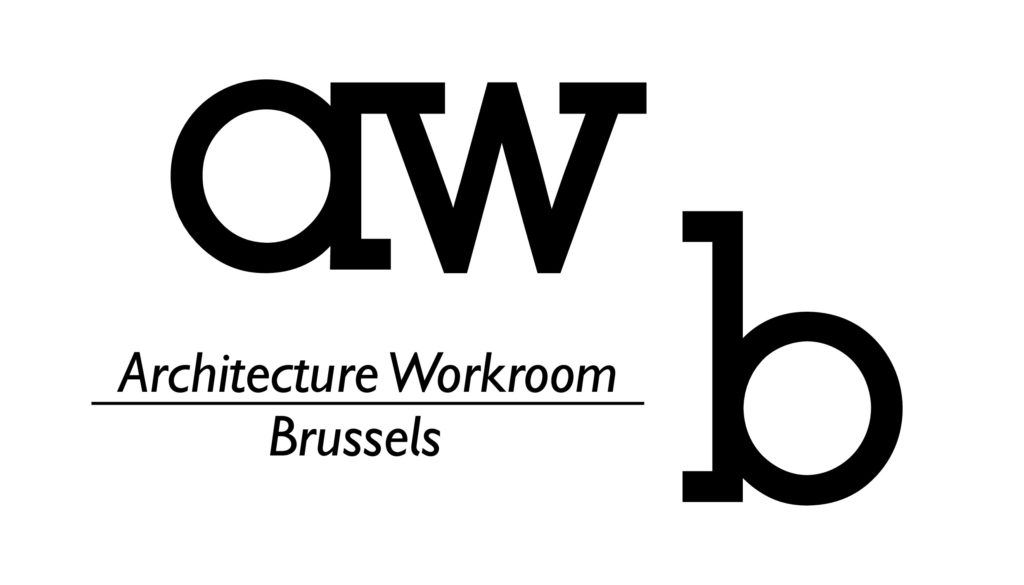

NATIONAL SCIENTIFIC AND TECHNICAL RESEARCH COUNCIL (CONICET-UNR) AND CENTER FOR HUMAN ENVIRONMENT STUDIES (CEAH) OF THE FACULTY OF ARCHITECTURE, PLANNING AND DESIGN OF ROSARIO (FAPyD -UNR) + ENVIRONMENTAL PLANNING DEPARTMENT OF THE CITY OF ROSARIO (ROSARIO, ARGENTINA)
The National Scientific and Technical Research Council (CONICET) is the main organization in charge of the promotion of Science and Technology in Argentina. The principal objective of this agency is to boost and implement scientific and technical activities in the country and in all different fields of knowledge. Prof. Ruben Piacentini, an established engineer and climate scientist, takes the lead over a very experienced team with a strong track record in agroecological research. The team is made up of several academics of the Universidad Nacional de Rosario based in the faculty of architecture, the energy efficiency, sustainability and climate change lab (IMEA), the Physics insitute, and the Department of hydraulics. The team is complemented by the Center for Human Environment Studies (CEAH) of the Faculty of Architecture, Planning and Design (FAPyD -UNR) and by staff members of the environmental planning department of the food production programme of the city of Rosario. Rosario is considered by FAO as an important reference city in agroecological food production because of its long established urban agriculture programme.
Funding agency: MINCYT.
The National Scientific and Technical Research Council (CONICET) is the main organization in charge of the promotion of Science and Technology in Argentina. The principal objective of this agency is to boost and implement scientific and technical activities in the country and in all different fields of knowledge. Prof. Ruben Piacentini, an established engineer and climate scientist, takes the lead over a very experienced team with a strong track record in agroecological research. The team is made up of several academics of the Universidad Nacional de Rosario based in the faculty of architecture, the energy efficiency, sustainability and climate change lab (IMEA), the Physics insitute, and the Department of hydraulics. The team is complemented by the Center for Human Environment Studies (CEAH) of the Faculty of Architecture, Planning and Design (FAPyD -UNR) and by staff members of the environmental planning department of the food production programme of the city of Rosario. Rosario is considered by FAO as an important reference city in agroecological food production because of its long established urban agriculture programme.
Funding agency: MINCYT.
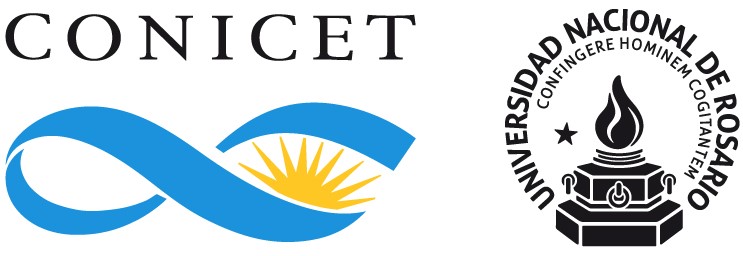
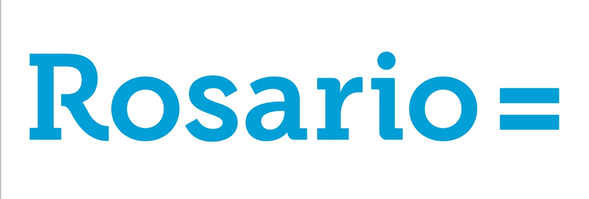


Laura Bracalenti
- Center for Human Environment Studies (CEAH) of the Faculty of Architecture, Planning and Design (FAPyD -UNR)
- website

Raúl Terrile
- Municipality of Rosario, Food Program Secretariat
- website
INSTITUTE OF URBANISM AND STUDIES FOR THE METROPOLIS (URBEM) (SAO PAULO, BRAZIL)
URBEM, the Institute of Urbanism and Studies for the Metropolis, is a “do-tank”, a center of action, that aims to conceive and implement large-scale urban development projects in the city of São Paulo and other global cities. URBEM seeks to structure projects that create a better urban fabric, in undertakings that allow for the generation of both economic and social value. URBEM was created as a third sector organization with the objective of finding a common ground between government, private sector, and civil society.
Funding agency: Not funded.

RUAF FOUNDATION
RUAF is a leading Centre of Expertise and Global Partnership on sustainable Urban Agriculture and Food Systems. The Partnership is formed by strategically selected expert institutions with a significant track record in urban farming or work on urban food system solutions, and consists of cities, research institutes and NGOs. Partners include the International Water Management Institute (IWMI) based in Colombo, Sri Lanka; The Institute of Geographical Sciences and Natural Resources Research of the Chinese Academy of Sciences (IGSNRR/CAS), based in Beijing, China; The Centre for Sustainable Food Systems, Wilfrid Laurier University in Canada; The City of, Toronto- Canada (represented by the Toronto Food Policy Council and Toronto Food Strategy), The municipality of Ghent, Belgium, The city of Quito-Ecuador (represented by CONQUITO, its Economic Development Agency), and the NGOs Economia e Sostenibilita (ESTA) from Milan, Italy and the Mazingira Institute, based in Nairobi, Kenya. RUAF assists local and regional governments and other stakeholders in the analysis, planning and development of more resilient city region food systems by stimulating exchange between cities on this topic; providing guidelines, fact sheets and toolkits; and providing staff training and technical assistance in both urban food system assessment and the design and implementation of adequate food policies and programmes, taking a multi-stakeholder and pro-poor approach. Active in a.o Zambia, Senegal, Kenya, Namibia, Colombia, Ecuador, Sri Lanka, The Netherlands and Canada.
Funding agency: Funded as third party.
RUAF is a leading Centre of Expertise and Global Partnership on sustainable Urban Agriculture and Food Systems. The Partnership is formed by strategically selected expert institutions with a significant track record in urban farming or work on urban food system solutions, and consists of cities, research institutes and NGOs. Partners include the International Water Management Institute (IWMI) based in Colombo, Sri Lanka; The Institute of Geographical Sciences and Natural Resources Research of the Chinese Academy of Sciences (IGSNRR/CAS), based in Beijing, China; The Centre for Sustainable Food Systems, Wilfrid Laurier University in Canada; The City of, Toronto- Canada (represented by the Toronto Food Policy Council and Toronto Food Strategy), The municipality of Ghent, Belgium, The city of Quito-Ecuador (represented by CONQUITO, its Economic Development Agency), and the NGOs Economia e Sostenibilita (ESTA) from Milan, Italy and the Mazingira Institute, based in Nairobi, Kenya. RUAF assists local and regional governments and other stakeholders in the analysis, planning and development of more resilient city region food systems by stimulating exchange between cities on this topic; providing guidelines, fact sheets and toolkits; and providing staff training and technical assistance in both urban food system assessment and the design and implementation of adequate food policies and programmes, taking a multi-stakeholder and pro-poor approach. Active in a.o Zambia, Senegal, Kenya, Namibia, Colombia, Ecuador, Sri Lanka, The Netherlands and Canada.
Funding agency: Funded as third party.
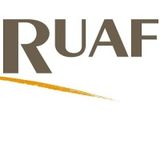
Collaborating organisations
To be completed…
